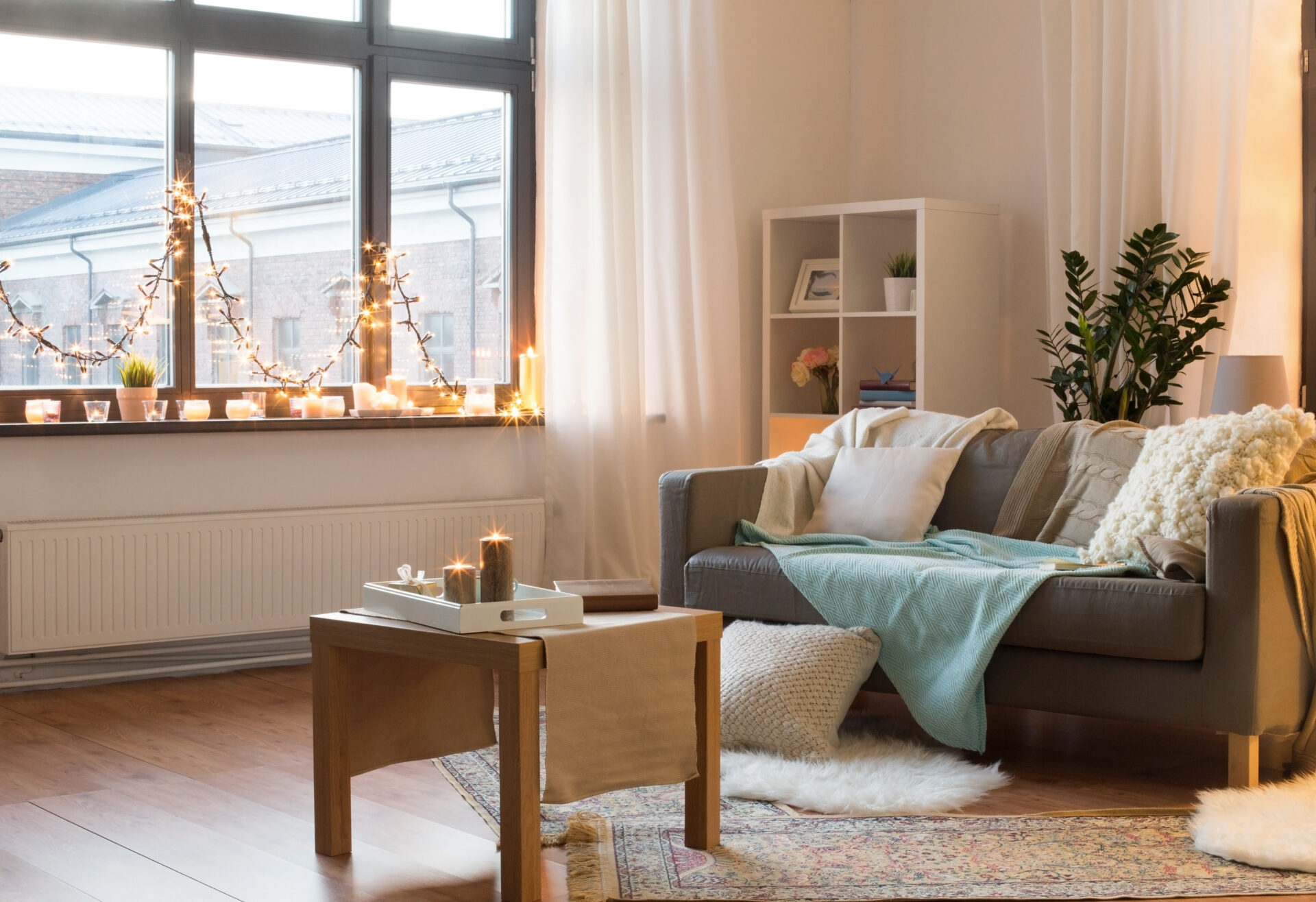Glass has always been a sign of opulence and luxury when used in architecture, almost like marble and natural stone. It has been used since the 1600s but rose to prominence with the Victorian era when designers had more freedom to explore.
In the modern era, glass is widely used in home construction to build garden rooms and conservatories but there is no limit on how far you can go.
Glass often creates more space and helps let more light into the property while improving value at the same time. This post will guide you on what you should know before you go ahead with this idea.
Table of Contents
Budget
The features and options to include and where you can cut costs will depend on your budget. The cost of glass mostly depends on where you want to use it. Most companies set prices per square meter or per linear meter. Always enquire before making an order since some companies do not include taxes in the price.
You should also account for the installation costs. It varies depending on the size of the space and the style you opt for.
Factor in additional work and site complexities you need to solve before installation. For instance, some neighborhoods may require you to schedule out-of-hours installation to avoid disturbance. Some locations also have regulations and codes you need to satisfy before you can use glass in construction.
Determine the Requirements
For internal partitions, you can choose between single and double glazed partitions. Single glazed partitions have a single layer of glass.
They are more affordable and simple to install but offer limited sound proofing. Double glazed partitions have two layers and tend to cost more when it comes to materials and labor. However, they can significantly reduce noise inside the house.
For glass walls, you can choose toughened glass which is about four or five times stronger than float glass or annealed glass. It is also safer as it tends to crumble when it breaks instead of breaking and leaving sharp shards that are a safety hazard.
Other options are fire-rated glass and laminate glass. It is advisable that you talk to experts like those from vanisleglass.com or a reputable glass installation service near you before you make a decision. They can suggest options that meet your budget, design needs, and local regulations.
Think About Privacy
Both sound and visual privacy are a key element in any home. Acoustic and double glaze glass are the best option for sound proofing. Acoustic glass does the best job of restricting sound but tends to cost more so you may want to limit them to areas where you hold meetings or bedrooms.
Smart glass or switchable privacy glass can transform a transparent glass panel to opaque for total privacy with the push of a button.
If you are on a budget, you may want to go for blinds installed in double glazed panels which you can close for privacy and open when you don’t need it. Frosted and ribbed glass are also an option. Alternatively, you can use glass film or vinyl printed into glass screens to achieve the perfect blend of privacy and lighting.
Location
Some areas are prone to natural disasters like earthquakes and hurricanes so may want to consider this before installing glass in your home. Glass, unlike other materials, is brittle and can collapse under minimal force or pressure.
We all know the impact an earthquake can have on buildings and structures so make sure you find a reliable company to handle the installation. Consider treated glass which is stronger than ordinary glass and can withstand small earthquakes.
Heat
Most glasses used in construction absorb heat from the environment. This is something you may want to consider if you are looking to cut your energy bills since it can make the interior uncomfortably warm on a hot day.
You can solve this by installing window coverings which can reduce heat transfer and cost less than running your HVAC system all summer.
Another option would be to install sliding glass panels that you can move to let in cool air from outside and close when temperatures drop. Glass is a great material in winter as it offers insulation keeping the interior warm.
Endnote
There are a few things you need to consider before using glass in home construction but it has a range of benefits. From aesthetics to enhanced lighting, you can take advantage of glass in many different ways. Be sure to use quality materials and leave the installation process to reputable professionals for the best results.





